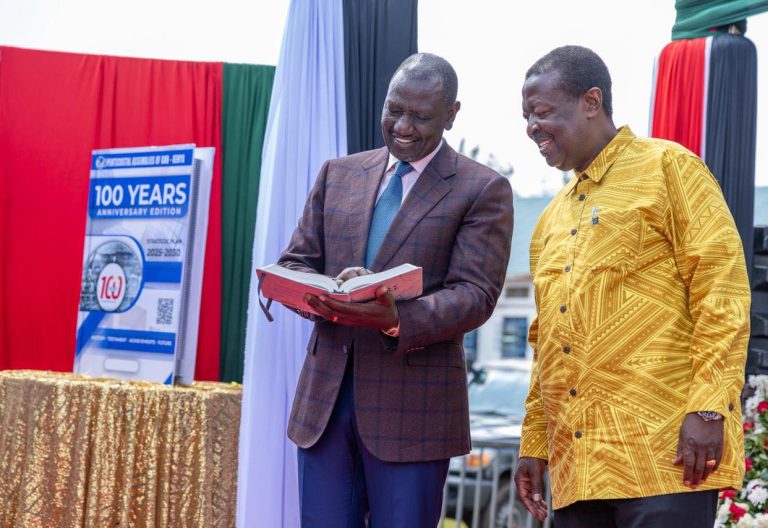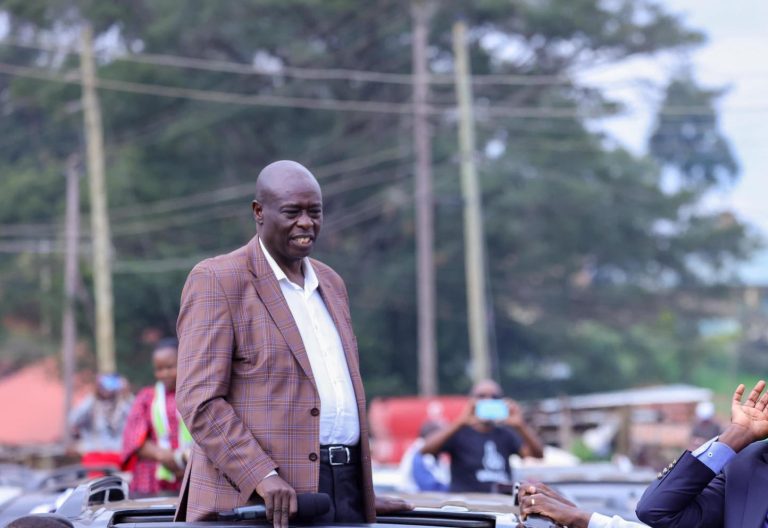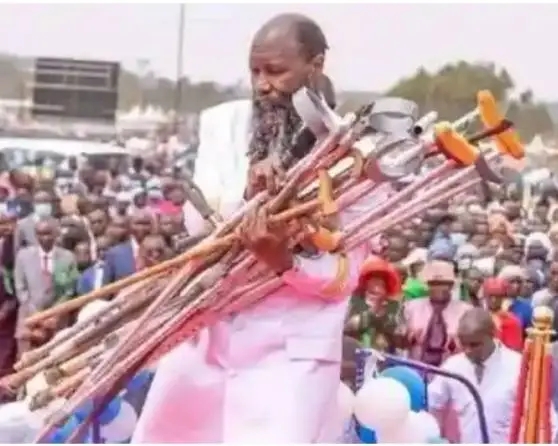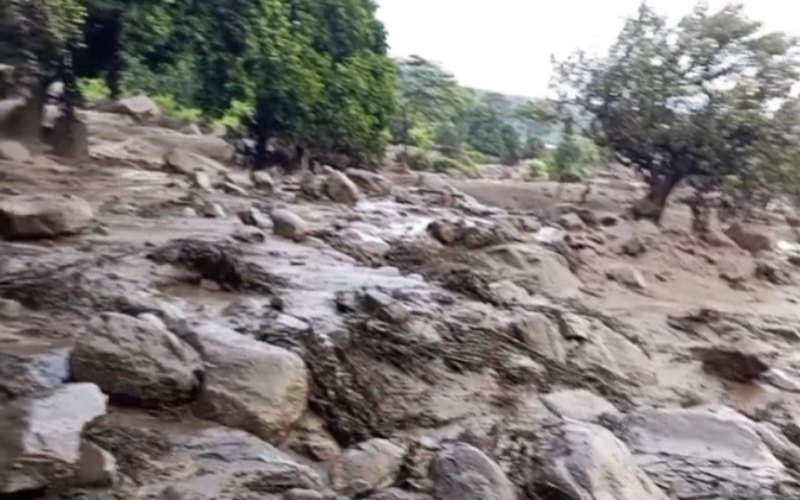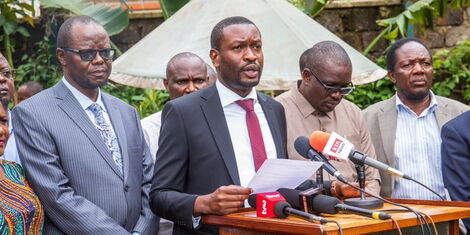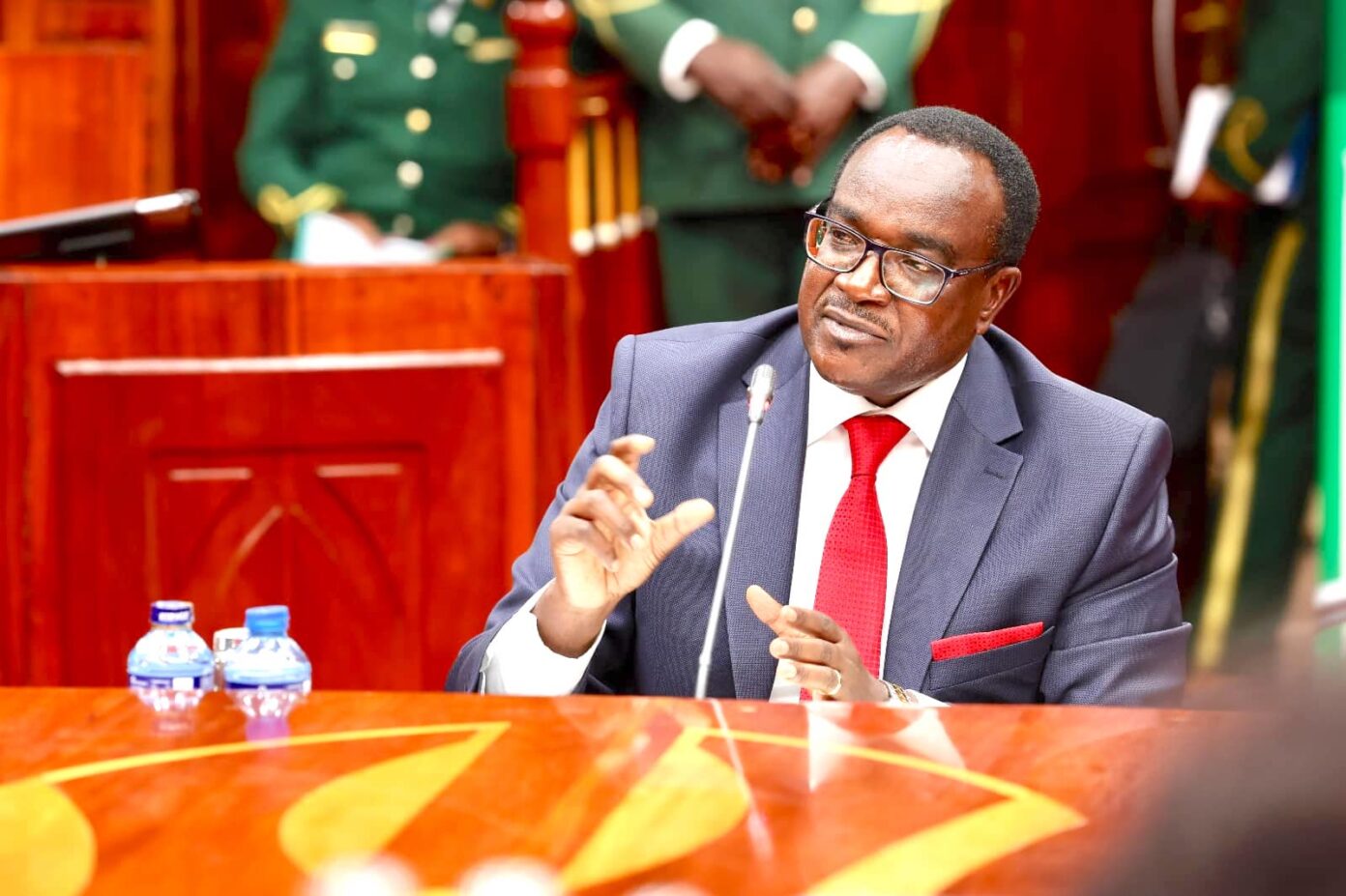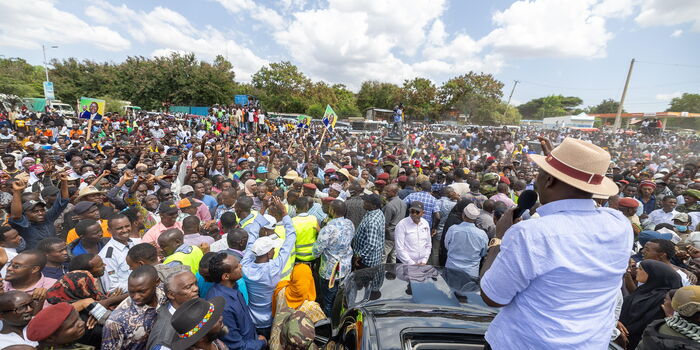
A secretive and explosive power struggle is unfolding in Kenya’s Gusii region as President William Ruto and his inner circle wage a high-risk campaign to secure support. Behind the scenes, vast sums of money, shifting loyalties, and sharp betrayals are reshaping political fault lines in ways few saw coming.
Inside sources reveal a three-pronged offensive: deploying financial inducements, reorganizing political alliances, and punishing or sidelining perceived traitors. The message is brutal: the 2027 elections will not be won in Gusii unless loyalty is paid for—literally and politically.
The Stakes: Why Gusii Matters.
Gusii has long been a focal point for power brokers. Its vote is seen as a bellwether, especially for Ruto’s administration, and winning control here could deliver momentum in the broader Rift Valley-Nyanza corridor.This region has witnessed growing discontent over infrastructure, service delivery, and perceived marginalization.
For Ruto, overcoming those grievances isn’t enough. He needs political operatives on the ground who can marshal votes—not just speak for the government, but deliver.
How the Game Is Being Played.
1. Billions in Resource Deployment.
The campaign in Gusii reportedly relies on massive financial outlays: funds for local projects, direct cash transfers, and mobilization costs. Deep pocketed benefaction is paired with promises of development—roads, schools, water projects—to bolster voter goodwill. But many locals say some of the money is coming in opaque channels and being used to reward allegiance.
2. Rewriting Loyalties.
Political figures once aligned with opposition or neutral stances are being courted or pressured into alliance. Key local leaders are reported to have flipped loyalties after receiving perks or face political isolation if they resisted. Prominent among these are scrambles within clans and sub-counties where historic rivalries are being levered for votes.
3. Betrayals and Retribution.
Several individuals who once counted among Ruto’s supporters are said to have been cold-shouldered or publicly shamed after refusing certain demands. Agents and organizers who do not meet vote-deliverable expectations are being replaced. Some local campaigners allege threats, marginalization from local administration, or removal from influential committees.
The Fallout: Tensions on the Rise.
Disillusion among locals: Some in Gusii who once believed in promises of transformation are expressing anger. They feel manipulated—used as pawns in a bigger game while essential needs go unmet.
Risk of backlash: In a region with strong clan identities and historic grievances, heavy-handed political engineering could trigger resistance. Silent betrayal can fuel loud rebellions in the vote count.
Moral & legal questions: Disbursement of campaign funds, misuse of state resources for political ends, and intimidation of dissenters are raising ethical red flags. Observers warn of potential court challenges or electoral complaints.
What It Means for Kenya’s 2027 Politics.
The battleground in Gusii may be a blueprint. If these strategies succeed here, they can be duplicated in other swing areas. Victory could solidify Ruto’s dominance across regions once considered opposition strongholds.
But failure carries huge costs: eroded legitimacy, accusations of vote-buying, and possible fractures within his own coalition. For opponents, this exposes critical fault lines—and ammunition. Opposition parties see opportunity in exposing what they call transactional politics and betrayal of public trust.


